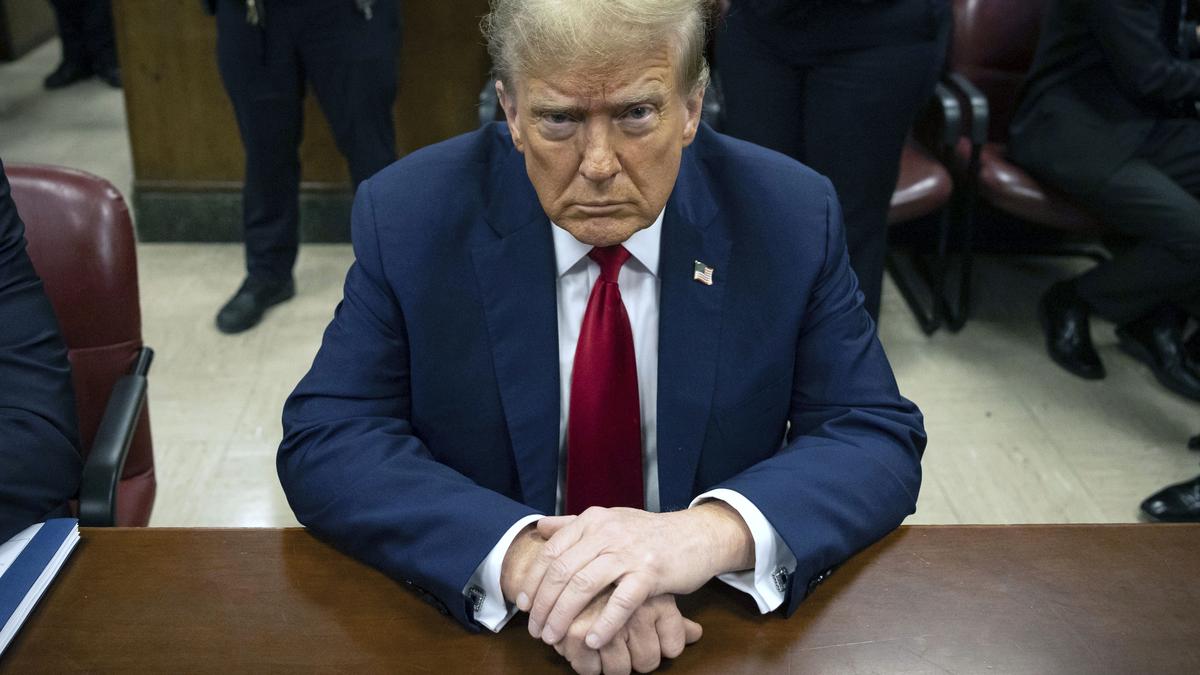
Donald Trump hush money trial: Judge sets sentencing for January 10, signals no jail time
The Hindu
Trump faces sentencing for hush money case before returning to White House, unlikely to be jailed.
In an extraordinary turn, a judge Friday set President-elect Donald Trump's sentencing in his hush money case for January 10 — little over a week before he's due to return to the White House — but indicated he wouldn't be jailed.
The development nevertheless leaves Mr. Trump on course to be the first president to take office convicted of felony crimes.
Judge Juan M. Merchan, who presided over Trump’s trial, signaled in a written decision that he'd sentence the former and future president to what's known as a conditional discharge, in which a case gets dismissed if a defendant avoids rearrest.
Mr. Merchan rejected Mr. Trump’s push to dismiss the verdict and throw out the case on presidential immunity grounds and because of his impending return to the White House. The judge said he found “no legal impediment to sentencing” Trump and that it was “incumbent” on him to sentence Trump prior to his swearing in on Jan. 20.
“Only by bringing finality to this matter” will the interests of justice be served, Mr. Merchan wrote.
Mr. Trump was convicted in May of 34 counts of falsifying business records. They involved an alleged scheme to hide a hush money payment to porn actor Stormy Daniels in the last weeks of Trump’s first campaign in 2016. The payout was made to keep her from publicizing claims she’d had sex with the married Trump years earlier. He says that her story is false and that he did nothing wrong.
After Mr. Trump’s November 5 election, Mr. Merchan halted proceedings and indefinitely postponed the sentencing so the defense and prosecution could weigh in on the future of the case.

Cyclone Ditwah has claimed hundreds of lives and displaced scores in Sri Lanka. While it has affected several villages and towns, the highest death toll has been recorded in Kandy in the Central Province. It is part of the island’s hill country that is home to the Malaiyaha Tamils, whose centuries-old precarity makes them especially vulnerable to such shocks.

Putin tells his annual news conference that the Kremlin's military goals will be achieved in Ukraine
Putin asserts that Russian military objectives in Ukraine will be achieved, claiming strategic advances and readiness for peaceful settlement.











